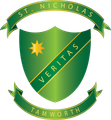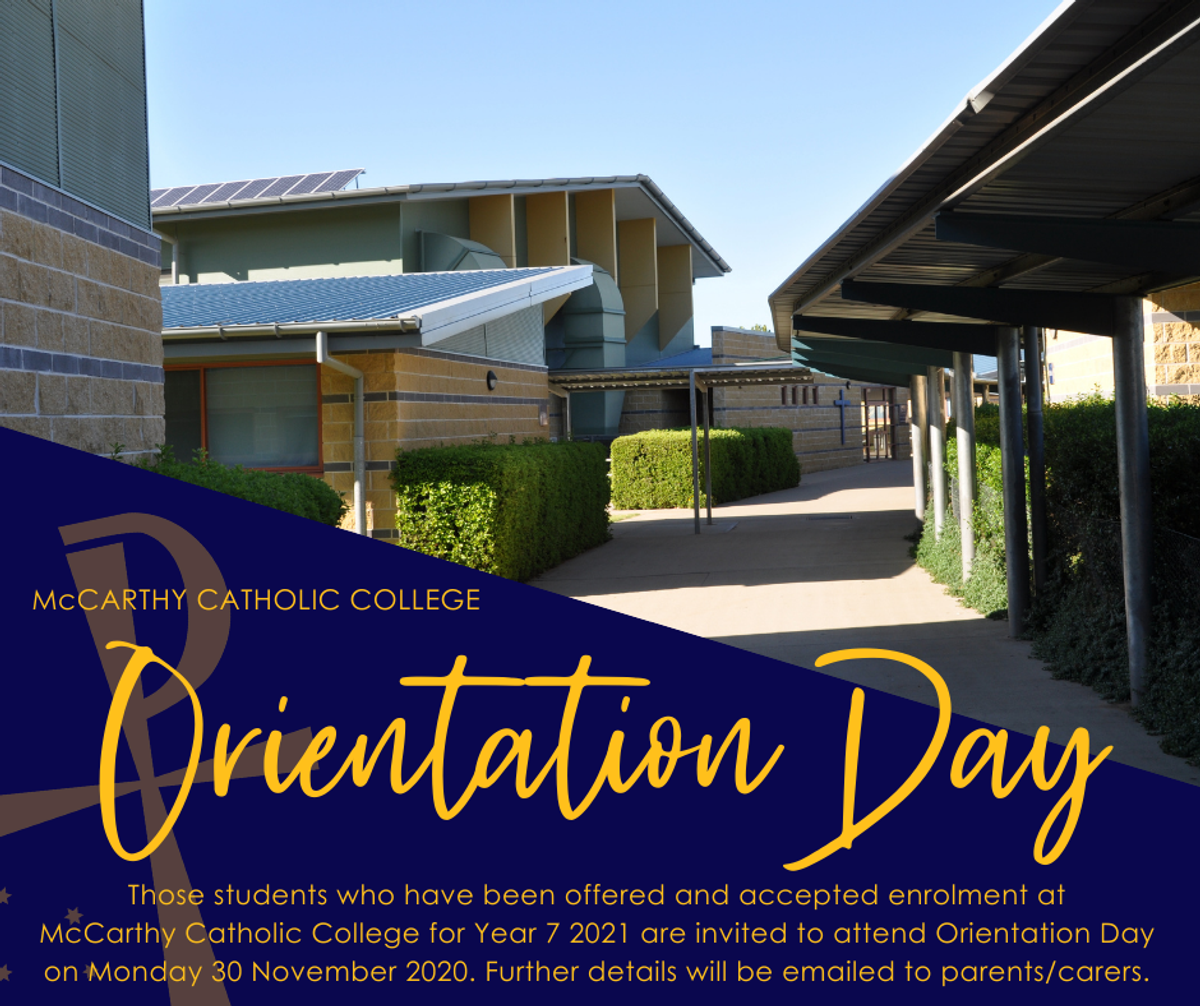GENERAL NEWS

BIG WRITE AND VCOP.........A VERY IMPORTANT MESSAGE FOR ALL PARENTS
No doubt many of you have heard your children use the terms VCOP, cold write, big write, "wow words", uplevelling etc.........but what does all this mean, and what is the parent's role in this?
In brief, every grade at St Nicholas School has been working on improving their writing skills this year through a fantastic methodology known as "Big Write and VCOP". Due to the proven success of "Big Write and VCOP", all our Diocesan schools are now using this approach and are seeing exceptional growth in their student's writing.
We urge every parent/carer to watch the following brief video presentation which will give you a very clear overview of the entire process. We are in the stage now where our students are about to embark on the "Big Write" element. This is where we really need parents to get involved and support their child when it is time for them to do "Home Talk" preparation for their "Big Write" task. Again, this will all be explained very clearly in the attached video.
So please, make a cup of tea, put your feet up and take just 8 minutes out of your day to watch this important video. This will enable you to fully support your child in achieving further writing success.
Video: Get Ready Parents For Big Write and VCOP
KINDERGARTEN ORIENTATION
The three orientation sessions for Kindergarten 2021 children will now be going ahead.
- Orientation Day 1 - Friday 6th November 2020 - 9am -11am
- Orientation Day 2 - Friday 13th November 2020 - 9am - 11am
- Orientation Day 3 - Friday 20th November 2020 - 9am - 11am
The Orientation Days for children are significant in helping children familiarise themselves with the school environment and helping to make the transition to ‘big school’ so much easier. These days are also used by teachers to make observations that may help us to cater for your child’s needs. Children should be dressed in appropriate casual clothing with a hat and closed in shoes. Your child should bring a water bottle and cut fruit for morning tea each visit.
Please note the Parent Information Evening scheduled for Wednesday 21st October and the Parent Morning Tea on Friday 6th has been cancelled.
SCHOOL UNIFORM
All students are now required to be in full summer uniform.
We ask parents and students to support us in the following:
**No coloured scrunchies or hair accessories - The only colour to be worn is green or scrunchies made from the fabric of our uniform.
**No other earrings apart from simple gold/silver studs or sleepers. Save other decorative earrings for the weekends and holidays.
**No excessive jewellery - only a watch is to be worn. Other jewellery can be worn on weekends.
MCCARTHY CATHOLIC COLLEGE ORIENTATION DAY
COMMUNICATION WITH SCHOOL
Our office is open between 8.00am and 4.00pm each day. For any queries, the most efficient way of contacting our staff during this time is via email.
admin@stnicholastamworth.catholic.edu.au
jgrady@arm.catholic.edu.au
SUPERVISION OF STUDENTS
All parents need to be aware, our supervision of students
does not begin until 8.15am each day.
We are increasingly concerned that children are being dropped off and left on their own, unsupervised by parents before this time - often up to half an hour earlier. This is not a safe or acceptable practice. Currently, students are expected to come in and sit in the Holy Family Courtyard unsupervised and wait. We cannot be responsible for any accident or potentially harmful incidents occurring. Please organise alternative care for your child if your child requires supervision before 8.15am.
YOU HAVE CHOICES
Below is an article by Michael Grose founder of Parenting Ideas, and one of Australia’s leading parenting educators.
"What drives kids’ behaviour? Is it impulse, mood, emotion, age or genes that cause kids to be sociable and safe or unsociable and risky?
The motivating forces behind kids’ actions are as complex as the many behavioural theories that have done the rounds over the years. Psychiatrist Sigmund Freud suggested that most behaviour is driven by internal desires, which were difficult to control. “Boys will be boys!”
His colleague Alfred Adler believed that behaviour is driven by the need to find a place within our groups. “Would someone pay me some attention!”
Development psychologist Jean Piaget suggested that children’s behaviour was largely governed by their stage of development. “It’s just a stage she’s going through.”
All theories have validity but they neglect to highlight something that we’ve always known but not recognised enough – that kids choose how they behave. Their choices may be negatively impacted by tiredness, hunger, or irritability but ultimately, they make a decision to act in certain ways, or step back to let their impulses take over.
There are caveats. A hungry, overtired three year old who is being annoyed by a sibling is unlikely to make a reasoned choice about how they respond. Lashing out, a screech for parental help or an unrestrained tantrum are a more likely response. Parent common sense comes to the fore in determining how to respond to their child when mitigating factors are at play.
“Good choice, Harry”
When a young child is kind to a sibling or friend a parent can praise the behaviour (“It was great to see you be kind, Harry”) or the choice (“Good choice, Harry”).
When parents focus on the decisions kids make we teach them that they have a say in their behaviour. We reach out to their pre frontal cortex – the part of their brain responsible for reasoning – and say, “You’re in charge of how this child behaves. Good for you as you chose well.” Continual reinforcement of choices over time is likely to have a strong impact on how a child perceives himself. Reinforcement of choices places the locus on control on the child, rather than on external factors such as mood, peers and gender as likely causes of poor behaviour.
“You have choices”
A child who misbehaves at home or in social situations can be reminded “You have choices.” It helps if kids experience the consequences of their poor choices rather than be sheltered from them. A child who refuses, which is a choice, to clean up a mess left in the living room may lose those items for a period of time. If they value those items then they may make different choices next time around. Choices teach responsibility, when they are coupled with behavioural consequences.
“Can you make a smarter choice?”
A parent may need to outline some of the choices – walk away from conflict, come to a them for help, do nothing – but ultimately the decision is a child’s to make. Similarly, going over poor choices with a child or young person in a quiet moment after an event can help them reflect and reset their brain for better choices in the future. “What behaviour can you choose next time?” is a helpful question to ask a child or young person who got themselves into a behavioural pickle.
“Choose between these two”
Anecdotal evidence suggests that approximately one in three children don’t like to be told what to do. These kids value control and use resistance strategies such as arguing, negotiation or procrastination to assert their authority. These children can be wearing for parents, but the flipside is, that they generally make assertive adults as long as their spirits aren’t dampened when they are young. The use of choices works well with children who value control over their own actions.
It’s best to give them a choice between two options, which is an illusion of power. “If you stay inside you need to be quiet. If you want to play noisy games you need play outside.” Kids will usually take one of the options offered, provided they’re reasonable, as they feel they are calling the shots.
The focus on choices can start when children are toddlers continuing into adolescence and beyond. It’s an empowering concept that prepares kids to live fully in the civilised society that they will be entering. It balances personal empowerment with personal responsibility, two character traits highly valued by schools, community groups and employers."

